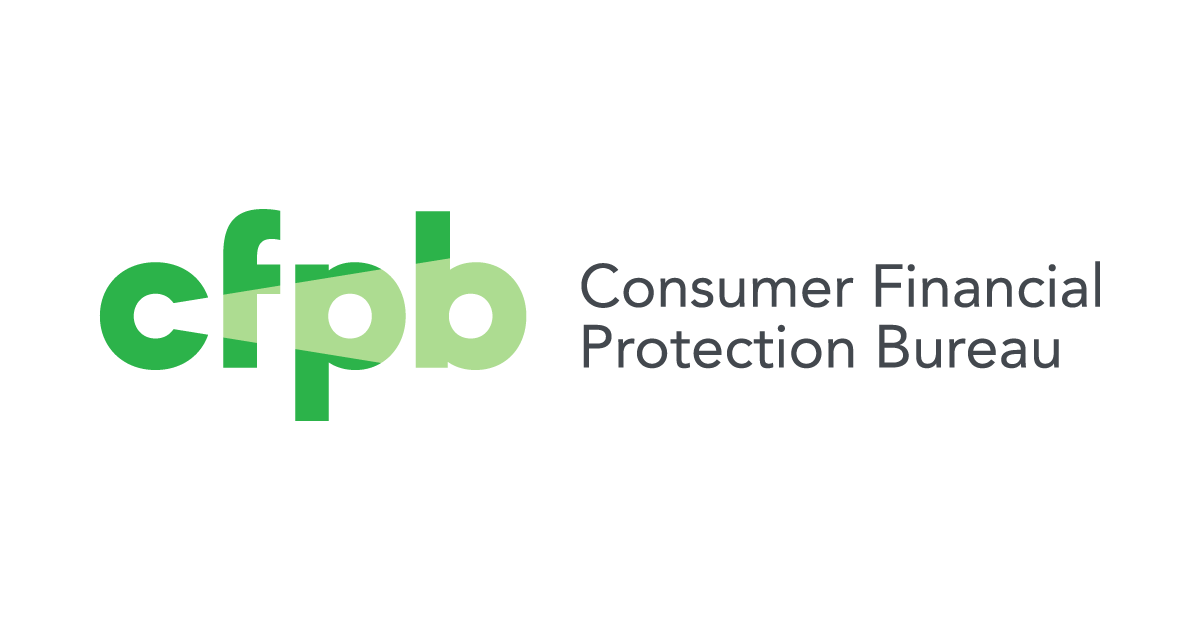Today the President signed into law a bipartisan Congressional resolution disapproving a rule that was in the form of guidance issued by the Bureau of Consumer Financial Protection (Bureau) about indirect auto lender compliance with the Equal Credit Opportunity Act (ECOA) and its implementing regulation.
Acting Director Mick Mulvaney stated:
“I thank the President and the Congress for reaffirming that the Bureau lacks the power to act outside of federal statutes. As an executive agency, we are bound to enforce the law as written, not as we may wish it to be. In this case, the initiative that the previous leadership at the Bureau pursued seemed like a solution in search of a problem. Those actions were misguided, and the Congress has corrected them.
I want to make it abundantly clear that the Bureau will continue to fight unlawful discrimination at every turn. We will vigorously enforce fair lending laws in our jurisdiction, and will stand on guard against disparate treatment of borrowers.
I am heartened that the people, through their elected representatives, have corrected this instance of Bureau overreach. I look forward to working with the Congress to bring much-needed structural accountability to the Bureau so that our cherished democratic principles are supported and the rights of every American consumer are always protected.”
The enactment of this Congressional Review Act (CRA) resolution does more than just undo the Bureau’s guidance on indirect auto lending. It also prohibits the Bureau from ever reissuing a substantially similar rule unless specifically authorized to do so by law.
Given a recent Supreme Court decision distinguishing between antidiscrimination statutes that refer to the consequences of actions and those that refer only to the intent of the actor, and in light of the fact that the Bureau is required by statute to enforce federal consumer financial laws consistently, the Bureau will be reexamining the requirements of the ECOA.
Today’s action also clarifies that a number of Bureau guidance documents may be considered rules for purposes of the CRA, and therefore the Bureau must submit them for review by Congress. The Bureau welcomes such review, and will confer with Congressional staff and federal agency partners to identify appropriate documents for submission.
The Consumer Financial Protection Bureau (CFPB) is a 21st century agency that helps consumer finance markets work by making rules more effective, by consistently and fairly enforcing those rules, and by empowering consumers to take more control over their economic lives. For more information, visit www.consumerfinance.gov.
Official news published at https://www.consumerfinance.gov/about-us/newsroom/statement-bureau-consumer-financial-protection-enactment-sj-res-57/
Images courtesy of PixaBay
The post Statement of the Bureau of Consumer Financial Protection on enactment of S.J. Res. 57 first appeared on RSVTV news.
originally published at Finance - RSVTV news

